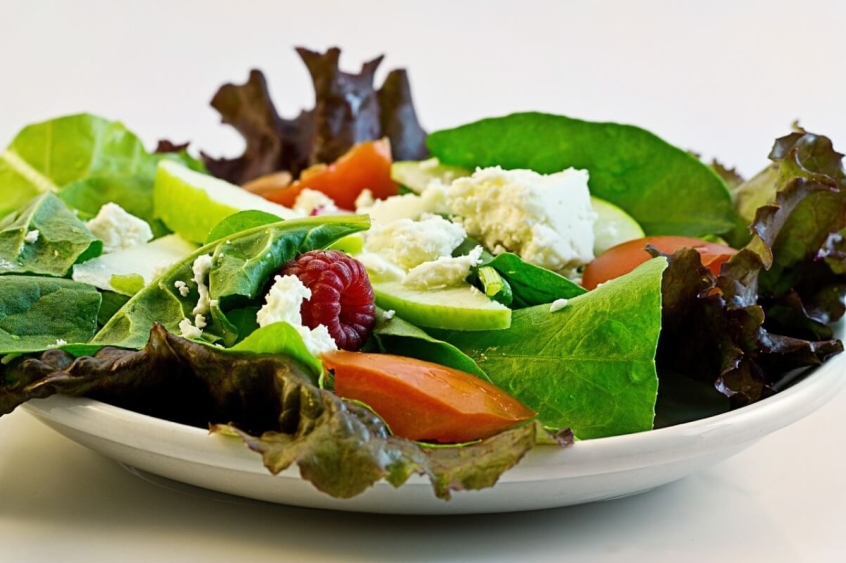
People who have type II diabetes and are obese were seen to have reduced post-meal insulin glucose levels if they eat protein and vegetables before going for carbohydrates, a recent study finds.
According to researchers at Weill Cornell Medical College in New York, observing proper meal order as an approach to control diet can be an effective way in fighting type II diabetes and obesity.
"Carbohydrates raise blood sugar, but if you tell someone not to eat them -- or to drastically cut back -- it's hard for them to comply," said Dr. Louis Aronne, a professor of clinical medicine at the college, in his press release statement.
The recent study is a validation of previous research that suggested how meal order can influence glucose levels after meals. For the new findings though, researchers studied the typical Western diet, with rights amount of vegetable, protein, fat and carbohydrates.
The new study looked at 11 diabetic and obese people who were taking metformin to control their blood glucose levels. To see how meal order can impact glucose levels, researchers instructed patients to eat meals that had carbs (orange juice and ciabatta), vegetables, protein and fat (lettuce and tomato salad with low-fat dressing, chicken breast and steamed broccoli topped with butter).
The participants observed this kind of diet twice during separate days, one week apart.
During the first week, participants ate carbs first and ate everything else 15 minutes later. On the second week, participants consumed proteins, vegetables and fat first before having carbs 15 minutes later.
Blood sugar levels were then recorded 30, 60, and 120 minutes after finishing every meal.
Test results showed that during 30-, 60- and 120-, minute tests, blood sugar levels were reduced by 29%, 37% and 17%, respectively, when vegetables and protein were consumed before carbohydrates.
Based on the study results, Aronne said that patients should consider changing perspectives, where instead of saying "don't eat that," patients should say "eat this before that."
Researchers claim that more studies are needed, but for now, the theory is based on how carbohydrate absorption is slowed down by vegetables.













